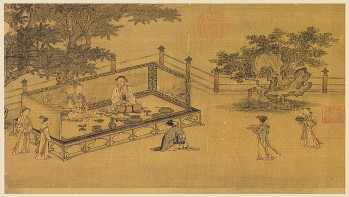
Confucian principles have been an immutable part of Chinese society, the process of their integration and propagation resulting in the establishment of social legitimacy over time. Max Weber considered Confucianism as one of the major world religions, although it is distinct from other major religions as it spread as a ‘culture’ and not as an organised missionary tradition (Helle 2016: 64). Accordingly, this paper focuses on what the ideals and expected rules of behaviour were in ancient China and how following Confucian precepts could increase social and political standing of a family. On the basis of physical and psychological differences, the virtuous conduct of men and women were distinctly defined. Ideas of political and moral authority, ideal practices of rituals, righteousness, virtue and filial piety, were all prescribed under some specific forms of social hierarchy (and thus gender hierarchy), which allowed for the propagation of differentiated expectations.
The study of gender in this context sheds light on relations of power and how the propagation of canonical and didactic texts by the State defined (and redefined) norms of womanhood as well as the agency of women, keeping the persuasion and the perpetuation of male dominance a central and integral aspect of society.
Keywords: Confucianism, Chinese Society, Gender, Women, Social Legitimacy, Chinese Family.
© 2019 ICS All rights reserved.
Powered by Matrix Nodes